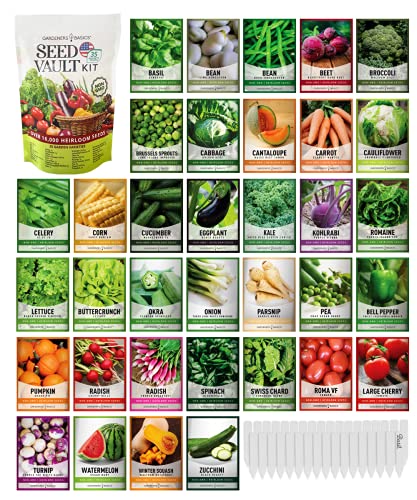nhinshaw
Junior
- Joined
- Oct 8, 2016
- Messages
- 13
- Reaction score
- 4
Hi all,
I had a question about low-ish cost grape presses (or alternatives).
Whole fresh-from-vineyard grapes are available now and I am contemplating trying my hand at skin-contact (orange) wine. I was thinking about going in with two cases (36lbs each) so there's more than a fair amount of grapes to crush through but nothing crazy. I'm not at a place where I should invest big bucks in a "forever press" but also don't want to spend on a total piece of garbage.
So my question(s) are:
Recommendation for a decent low-ish cost grape press (that will let me keep the skins).
(or) Suggestions for alternative ways of extracting the juice.
And if anyone has experience with skin contact / orange wines I'm all ears. This might be a fool-hardy adventure but one I'm eager to try.
Thanks!
I had a question about low-ish cost grape presses (or alternatives).
Whole fresh-from-vineyard grapes are available now and I am contemplating trying my hand at skin-contact (orange) wine. I was thinking about going in with two cases (36lbs each) so there's more than a fair amount of grapes to crush through but nothing crazy. I'm not at a place where I should invest big bucks in a "forever press" but also don't want to spend on a total piece of garbage.
So my question(s) are:
Recommendation for a decent low-ish cost grape press (that will let me keep the skins).
(or) Suggestions for alternative ways of extracting the juice.
And if anyone has experience with skin contact / orange wines I'm all ears. This might be a fool-hardy adventure but one I'm eager to try.
Thanks!





















































